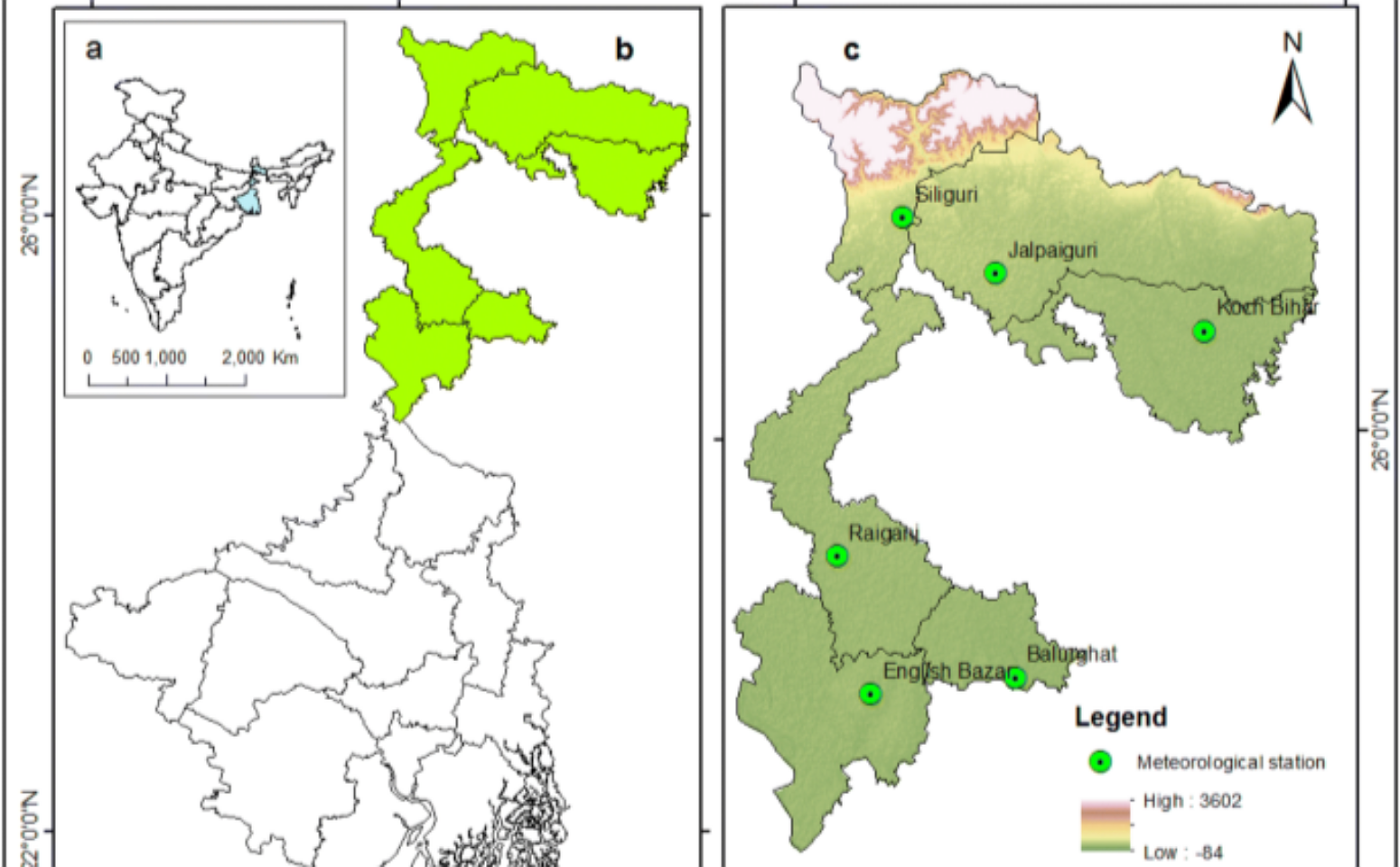
Hindu Voice Team: The Election Commission of India (ECI) has launched a Special Intensive Revision (SIR) of electoral rolls in states preparing for upcoming assembly elections — a move that officials say aims to remove duplicate, dead, and otherwise ineligible names from voter lists. While the Commission asserts its institutional autonomy to carry out the exercise, the program has already stirred political controversy and legal challenges, with critics questioning its motives and methods.
Election authorities describe the SIR as a nationwide house-to-house verification and data-cleaning drive to strengthen the integrity of the rolls ahead of polls. The ECI and central government publicity note that the process may also incorporate additional identity documents, following recent court directions that permitted Aadhaar to be used as one of the identity proofs in certain contexts. Still, the Supreme Court has emphasized that citizenship determination is the remit of the Home Ministry — not the Election Commission — a legal distinction that has fuelled debate.
Local implications: Why North Bengal matters
North Bengal’s districts are demographically mixed and include long, porous international frontiers with Bangladesh, Nepal and Bhutan. Journalistic and local accounts say patterns of cross-border movement, combined with the longstanding problem of documentation losses (floods, displacement, informal livelihoods), have altered the region’s population profile and complicated electoral roll maintenance. Observers and the state’s civic machinery warn that these realities could affect outcomes in a number of assembly and parliamentary constituencies if large-scale de-duplication and removals proceed.
Politics, administration and suspicion
State governments are responsible for civil registrations (births and deaths) that feed voter-roll updates, and the extent to which they cooperate with the Commission’s verification affects the accuracy of deletions and additions. In West Bengal, friction between the ruling party and the ECI has sharpened as the SIR approaches, with critics alleging the process could be used for partisan advantage. Supporters of the exercise counter that without thorough verification, electoral rolls remain vulnerable to manipulation through forged documents and illicit enrolments.
Security and the welfare of election workers
The SIR’s intensive fieldwork will rely heavily on local election staff and presiding officers. Past incidents in which officials faced threats or violence during electoral duty have raised concern about the safety of personnel conducting house-to-house verification. Analysts stress that protecting election workers and ensuring transparent, legally sound procedures are both essential if the SIR is to be credible.
Could the SIR change electoral outcomes?
If implemented comprehensively in North Bengal, the Commission’s roll revision could alter the voter composition in marginal constituencies — and therefore the prospects of several assembly and Lok Sabha seats. Yet experts caution that de-listing is only one factor: equal attention must be paid to preserving eligible voters’ ability to cast their ballots. Legal challenges, procedural safeguards, and strict adherence to rules for identity verification will determine whether the exercise strengthens democratic participation or raises fresh grievances.
What to watch next
How the ECI’s teams interact with state registration offices on death and birth records.
Court rulings on the scope of SIR and the use of identity documents like Aadhaar.
The Commission’s timetable for North Bengal and any reported changes to polling-station boundaries or added booths.